Purple grapes contain many polyphenol antioxidants, notably anthocyanins, quercetin, tannins, phenolic acids, and proanthocyanidins. These compounds neutralize free radicals and reduce oxidative stress, which are the main factors that damage the endothelium of blood vessels and initiate plaque formation, according to the health website Verywell Health (USA).
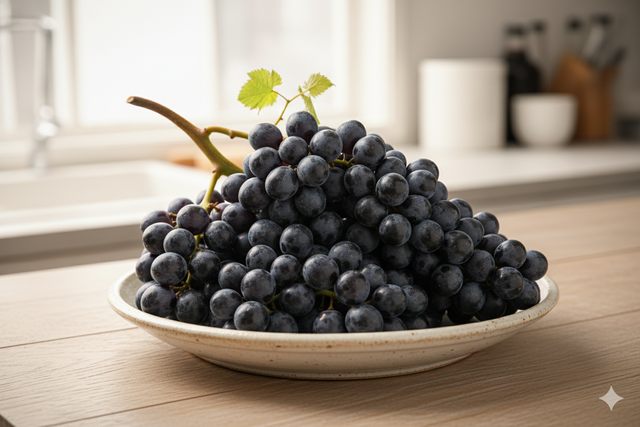
Purple grapes contain high levels of polyphenol antioxidants.
PHOTO: AI
Purple grapes may provide the following health benefits:
Improved endothelial function
Endothelial function is the ability of the cells lining blood vessels to maintain appropriate vasodilation, control inflammation, and prevent platelet aggregation. When this function is impaired, atherosclerosis is more likely to occur.
A study published in the journal Circulation found that in people with coronary artery disease, drinking purple grape juice for 14 days significantly increased vasodilation. In addition, some other scientific evidence also proves that purple grape juice can help protect the endothelium from damage and slow the onset or progression of atherosclerosis.
Reduce inflammation, reduce vascular stiffness
Atherosclerosis is not just a problem of plaque and cholesterol, but is also strongly linked to chronic inflammation and oxidative stress. High blood pressure, inflammation, and oxidative stress together promote damage to the vessel wall, causing the vessel to lose its elasticity.
In a study published in the journal BioFactors , scientists found that drinking purple grape juice every day for eight weeks reduced blood pressure in people with high blood pressure. Specifically, systolic blood pressure decreased by about 7.2 mmHg and diastolic blood pressure by about 6.2 mmHg.
Notes when using purple grapes
Although purple grapes are good for health, drinkers still need to pay attention to some things to ensure benefits, avoid side effects or waste. First, the dose of polyphenols in the trials is often high, about several hundred mg per day, using pure juice or extract. Therefore, if the juice is diluted or sugar is added, the effectiveness may be reduced.
Additionally, people with metabolic problems such as diabetes, high blood pressure, or liver or kidney disease should consult their doctor before drinking purple grape juice. Polyphenols are absorbed and metabolized differently by each person, and in some cases can interact with medications.
When choosing fresh grapes to eat or make juice, people should prioritize grapes that have not used many pesticides, are harvested at the right time, are well processed, and do not add sugar or preservatives. These methods help keep grapes safe and will retain high polyphenol content, according to Verywell Health .
Source: https://thanhnien.vn/tac-dung-bat-ngo-cua-nuoc-ep-nho-tim-voi-tim-mach-185251018140229628.htm


![[Photo] Cat Ba - Green island paradise](/_next/image?url=https%3A%2F%2Fvphoto.vietnam.vn%2Fthumb%2F1200x675%2Fvietnam%2Fresource%2FIMAGE%2F2025%2F12%2F04%2F1764821844074_ndo_br_1-dcbthienduongxanh638-jpg.webp&w=3840&q=75)






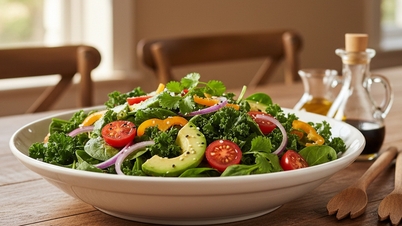

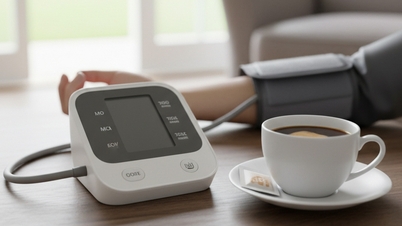
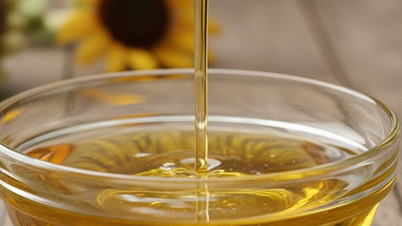






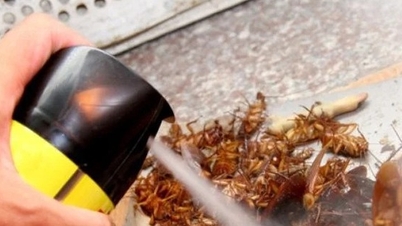









































![[VIMC 40 days of lightning speed] Da Nang Port: Unity - Lightning speed - Breakthrough to the finish line](https://vphoto.vietnam.vn/thumb/402x226/vietnam/resource/IMAGE/2025/12/04/1764833540882_cdn_4-12-25.jpeg)














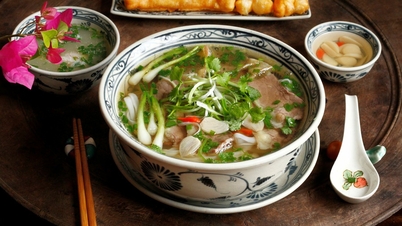































Comment (0)